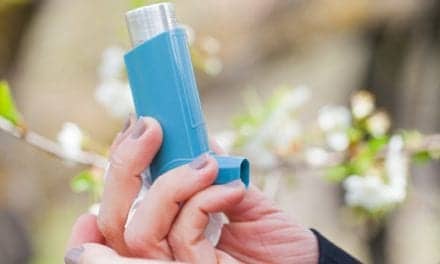Patients suffering from respiratory disease could be greatly helped if a bill introduced today by Congressman Mike Ross (D-Ark) is passed, according to Toni Rodriguez, president of the American Association for Respiratory Care (AARC), the professional association for respiratory therapists.
The new Medicare Respiratory Therapy Initiative, HR 3968, will revise the Medicare law to permit qualified respiratory therapists to provide certain services, such as smoking cessation, asthma management, medication education, and inhaler training. These services will be provided to asthma and COPD (chronic obstructive pulmonary disease) patients under the general supervision of a physician, but without the doctor present.
"This bill could literally open the door for many patients who haven’t been able to get the care they deserve," said Rodriguez, a respiratory therapist for more than 35 years. "With this bill, they would have access to the services of a respiratory therapist in all of the places they might seek care—doctor’s office, outpatient clinic, even their own home. And the expense will be covered by Medicare. This is a significant bill."
According to a new study by the American College of Chest Physicians, one out of three patients with asthma or COPD use their inhalers incorrectly. The study found that 32.1% of patients made at least one essential error while using a dry powder inhaler (DPI) and that the error rate increased with age and severity of airway obstruction. Additionally, the experts on a government asthma guidelines panel recommend training by health professionals to improve the cost-effectiveness and clinical benefit to patients. Stuart Stoloff, MD, a member of the expert panel that wrote the asthma guidelines, believes this bill can help rectify that very serious problem.
"Respiratory therapists are a vital part of the team for educating patients about the appropriate use of inhaled medications in respiratory disease," said Stoloff, a family physician in Carson, Nevada who works closely with respiratory therapists at four hospitals in his region. "Their knowledge of medications combined with their teaching expertise can facilitate improved care for patients with respiratory problems."
If passed, the law would revise current sections of the Medicare Part B Program, which governs specific services available to the Medicare beneficiary outside of the acute care hospital. This has been a major hurdle for many respiratory patients on fixed incomes.









